In a world increasingly drawn to the gentle embrace of nature, herbal supplements have blossomed into a popular choice for those seeking wellness beyond conventional medicine. Their roots run deep in ancient traditions, promising health benefits harvested straight from the earth. Yet, beneath this verdant allure lies a landscape that demands careful navigation. Just as a delicate flower can turn thorny, herbal supplements, when used without caution, can carry unexpected risks. This article serves as your compass—a guide to safely integrating these natural remedies into your routine, ensuring that the journey toward better health is both wise and well-informed.
Table of Contents
- Choosing Quality Herbal Supplements with Careful Research
- Understanding Potential Interactions with Medications
- Recognizing the Importance of Proper Dosage and Timing
- Identifying Signs of Allergic Reactions and Side Effects
- Consulting Healthcare Professionals Before Starting Use
- Storing Herbal Supplements Safely to Maintain Potency
- Q&A
- To Conclude

Choosing Quality Herbal Supplements with Careful Research
When selecting herbal supplements, it’s essential to delve beyond the packaging and marketing claims. Prioritize products from reputable brands that provide clear, comprehensive ingredient lists and adhere to Good Manufacturing Practices (GMP). Look for third-party testing seals—these certifications indicate that the product has been independently verified for purity and potency, ensuring you receive a supplement free from harmful contaminants and accurate in dosage.
Keep in mind key factors that can signal quality in herbal supplements:
- Source Transparency: Genuine companies disclose the geographical origin of their herbs and information about harvesting methods.
- Standardization: Choose supplements standardized to contain specific amounts of active compounds, which improves consistency.
- Expiration Dates: Always check expiration to guarantee product effectiveness and safety.
| Quality Indicator | What to Look For |
|---|---|
| Third-Party Testing | Verified purity and potency |
| Standardized Extracts | Consistent active ingredient levels |
| Clear Labeling | Full ingredient and dosage info |

Understanding Potential Interactions with Medications
When combining herbal supplements with prescription or over-the-counter medications, it’s crucial to recognize that some herbs can alter the way drugs are absorbed, metabolized, or eliminated by the body. This may lead to reduced effectiveness or increased risk of side effects. For example, St. John’s Wort is known to interfere with the metabolism of various medications, including antidepressants and blood thinners. Before adding any supplement to your regimen, consult your healthcare provider to assess potential interactions and avoid unexpected complications.
Keep in mind that even natural products can carry risks, so maintaining a vigilant approach is key. Here are some common interaction points to watch for:
- Anticoagulants: Herbs like garlic and ginkgo may enhance blood thinning effects.
- Blood Pressure Medications: Supplements such as licorice root could elevate blood pressure.
- Diabetes Drugs: Some herbs might amplify or diminish blood sugar control.
| Herbal Supplement | Potential Drug Interaction | Possible Effect |
|---|---|---|
| Ginseng | Anticoagulants | Risk of bleeding |
| Ginkgo Biloba | Antidepressants | Increased side effects |
| Echinacea | Immunosuppressants | Reduced efficacy |
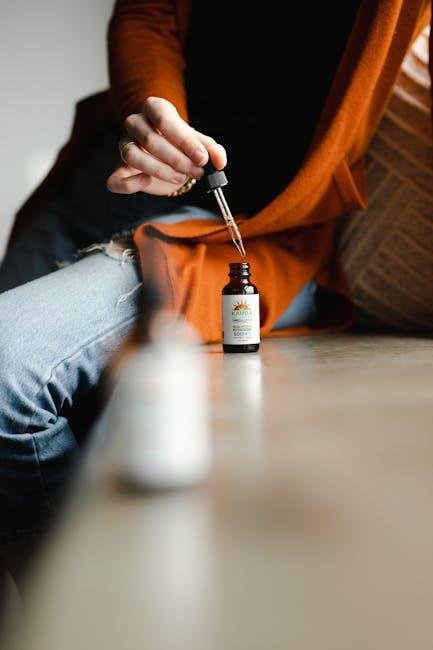
Recognizing the Importance of Proper Dosage and Timing
Understanding the correct dosage and timing is crucial when incorporating herbal supplements into your daily routine. Too little may render the supplement ineffective, while too much can lead to unwanted side effects or interactions with other medications. Each herb has its own potency level, and following manufacturer guidelines or consulting with a healthcare professional ensures you get the full benefit without risk. Remember, herbal supplements work best when tailored to your unique body chemistry and health needs.
Timing plays an equally important role, as some supplements work better when taken with food, while others require an empty stomach to maximize absorption. Here are key considerations to keep in mind:
- Morning vs. Evening: Certain herbs, like ginseng, are more energizing and ideal in the morning.
- Food Intake: Fat-soluble supplements are best taken with meals containing healthy fats.
- Consistency: Taking your supplements at the same time daily helps maintain steady levels in your system.
| Herbal Supplement | Recommended Dosage | Best Timing |
|---|---|---|
| Turmeric | 500-1000 mg/day | With meals |
| Valerian Root | 400-900 mg at night | Before bedtime |
| Ginkgo Biloba | 120-240 mg/day | Morning or afternoon |
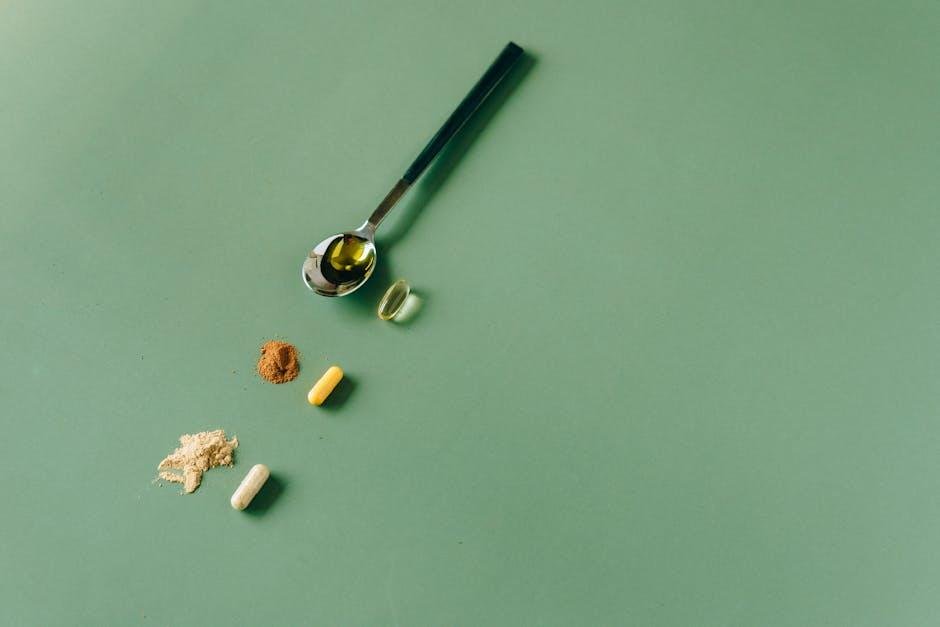
Identifying Signs of Allergic Reactions and Side Effects
Herbal supplements often promise natural benefits, but it’s crucial to remain vigilant for any unexpected bodily responses. Early signs such as itching, rash, swelling, or shortness of breath can indicate an allergic reaction requiring immediate attention. Pay close attention to symptoms like digestive distress, headaches, or unusual fatigue, which may signal side effects rather than typical reactions. Keep a daily log to track any changes when starting a new supplement, allowing you to pinpoint potential issues swiftly.
Common indicators to watch for include:
- Skin irritations or hives
- Respiratory difficulties
- Nausea or vomiting
- Dizziness or lightheadedness
- Swelling of the face, lips, or tongue
| Symptom | Possible Cause | Recommended Action |
|---|---|---|
| Rash or itching | Allergic skin reaction | Discontinue use and consult a doctor |
| Upset stomach | Supplement side effect | Try taking with food or reduce dosage |
| Shortness of breath | Severe allergic response | Seek emergency medical help immediately |
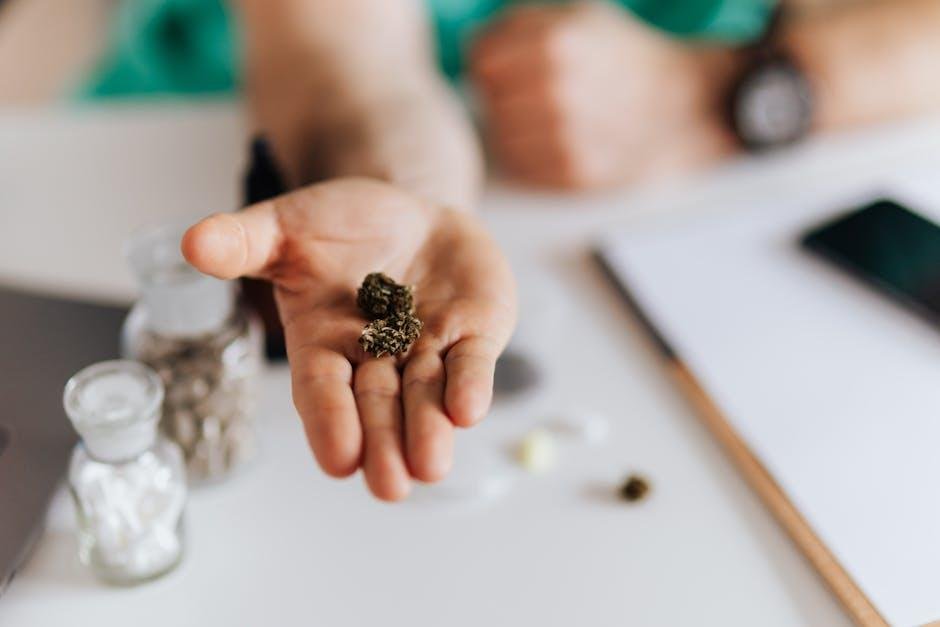
Consulting Healthcare Professionals Before Starting Use
Before incorporating any herbal supplements into your wellness routine, it’s crucial to seek advice from qualified healthcare professionals. Their expertise helps bridge the gap between natural remedies and modern medicine, ensuring that what you take complements your overall health profile safely. Herbal supplements can interact with prescription medications, affect existing health conditions, or cause unexpected side effects when not monitored properly. Consulting with your doctor or a licensed herbalist allows for tailored guidance based on your unique health needs and current treatments.
In your consultation, be prepared to discuss:
- Your complete medical history, including chronic illnesses and allergies
- All current medications and supplements you are taking
- Specific reasons why you wish to use the herbal supplement
- Potential side effects and monitoring strategies
Such transparent communication not only safeguards your well-being but also empowers you to make informed decisions backed by professional insight, turning herbal use into a harmonious part of your health journey.
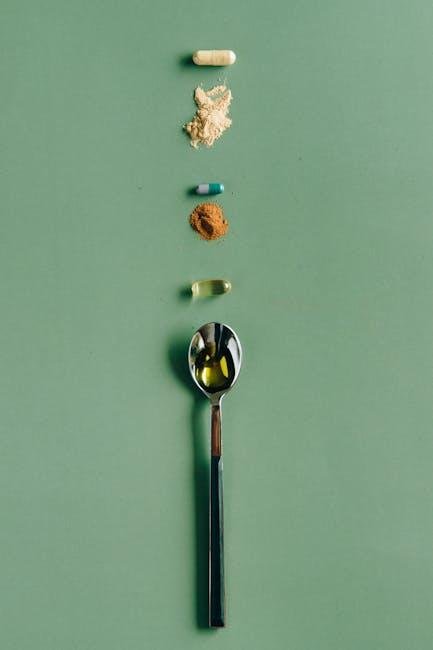
Storing Herbal Supplements Safely to Maintain Potency
Proper storage is essential to preserving the efficacy of herbal supplements over time. To maximize their shelf life, always keep your supplements in a cool, dry place that avoids direct sunlight, as exposure to heat and UV rays can degrade active compounds. Moisture is another critical enemy—make sure containers are tightly sealed to prevent humidity from compromising the product quality. Consider using opaque or amber glass bottles if you transfer supplements from their original packaging to reduce light exposure further.
In addition to environmental factors, organization plays a key role in maintaining potency. Store supplements away from strong odors or chemicals, which might permeate capsules or powders and alter their effectiveness. Label containers with purchase and expiry dates to keep track and prevent the use of expired products. For a quick reference, see the table below outlining ideal storage conditions for different forms of herbal supplements:
| Supplement Form | Recommended Storage | Key Tips |
|---|---|---|
| Capsules & Tablets | Cool, dry cabinet | Seal tightly, avoid moisture |
| Powders | Opaque jar or container | Keep away from heat and light |
| Liquid Extracts | Refrigerate after opening | Maintain original bottle |
| Dried Herbs | Air-tight container in dark place | Check for moisture frequently |
Q&A
Q&A:
Q1: Why should I be cautious when using herbal supplements?
A1: While herbal supplements are often perceived as natural and safe, they can still cause side effects, interact with medications, or be contaminated with harmful substances. Being cautious helps ensure you use them safely and effectively.
Q2: How can I verify the quality of an herbal supplement?
A2: Look for third-party testing or certifications from reputable organizations. Check the label for standardized doses and avoid products with vague ingredient lists. Researching the manufacturer’s reputation also helps ensure product quality.
Q3: Should I inform my healthcare provider about herbal supplement use?
A3: Absolutely. Your healthcare provider can advise you on potential interactions with your medications and whether the supplement suits your health conditions.
Q4: Is “natural” always synonymous with “safe”?
A4: Not necessarily. Natural ingredients can still have potent effects and cause harm if misused. It’s important to treat herbal supplements with the same care as prescription drugs.
Q5: How do I determine the right dosage of an herbal supplement?
A5: Follow label instructions and consult a healthcare professional. Dosages can vary based on age, health status, and specific health goals, so personalized advice is key.
Q6: Can I take multiple herbal supplements at once?
A6: Combining supplements can increase the risk of adverse reactions or interactions. Always discuss with a healthcare provider before starting multiple supplements.
Q7: What should I do if I experience side effects?
A7: Stop taking the supplement immediately and consult a healthcare professional. Report any severe reactions to appropriate regulatory bodies to help improve safety monitoring.
Q8: Are herbal supplements regulated?
A8: Regulations vary by country but are generally less strict than for pharmaceuticals. This means product quality and safety are not always guaranteed, highlighting the importance of careful selection.
Q9: How can I stay informed about the latest safety information?
A9: Follow updates from reputable health organizations, scientific studies, and trusted news sources. Keeping informed helps you make better decisions about supplement use.
Q10: What’s the safest way to integrate herbal supplements into my wellness routine?
A10: Start with thorough research, involve your healthcare provider, monitor your body’s response, and prioritize quality products. Mindful use maximizes benefits while minimizing risks.
To Conclude
In the journey toward wellness, herbal supplements can be trusted allies—but only when approached with mindful care. By understanding their power, respecting their potency, and consulting knowledgeable sources, you transform these natural remedies from wildcards into dependable tools for health. Remember, safety isn’t just a precaution—it’s the root of true healing. So, tread thoughtfully, stay informed, and let nature’s gifts enhance your well-being with both wisdom and caution.



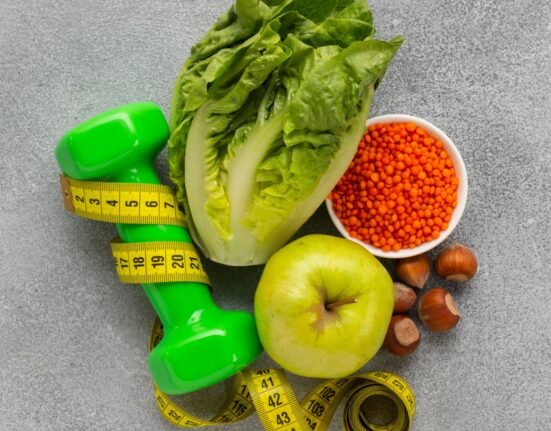
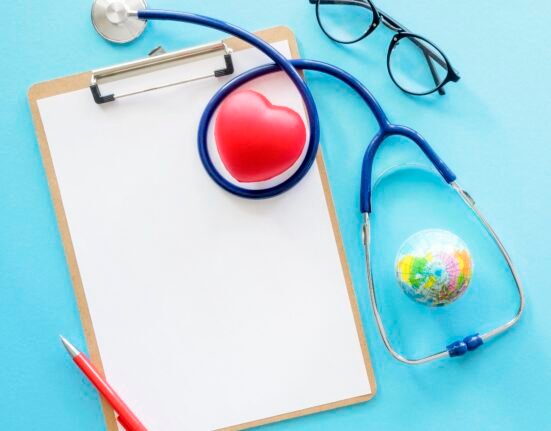



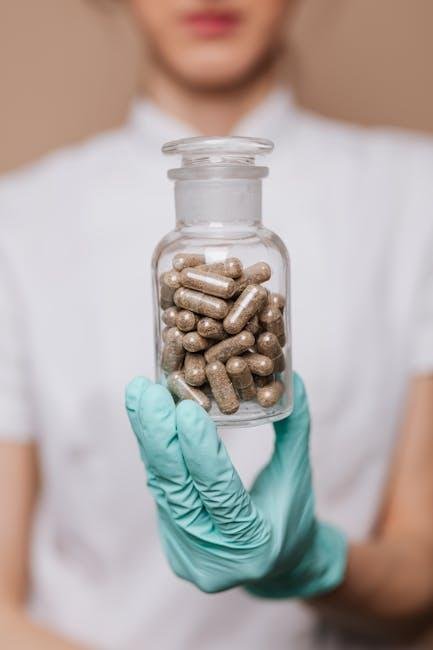

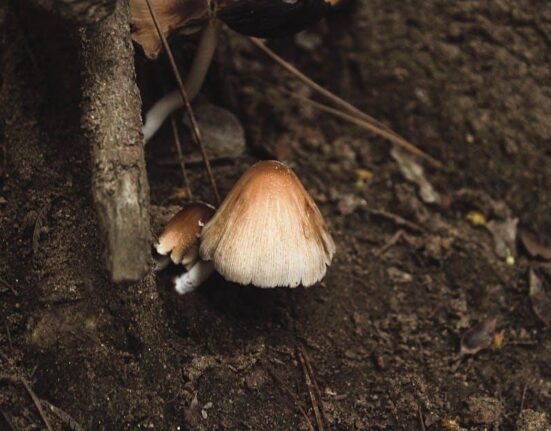


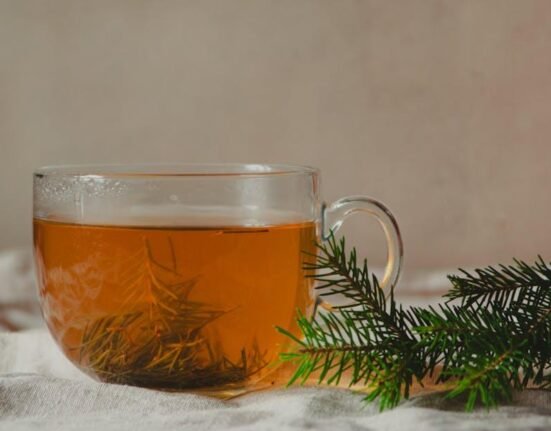
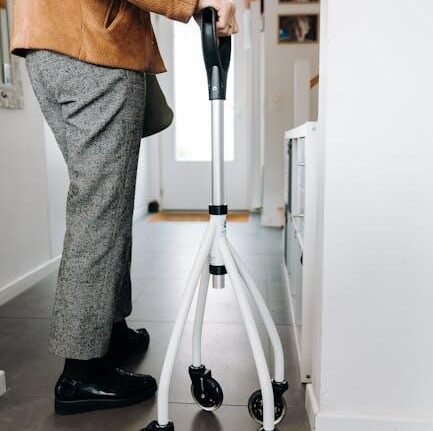
Leave feedback about this